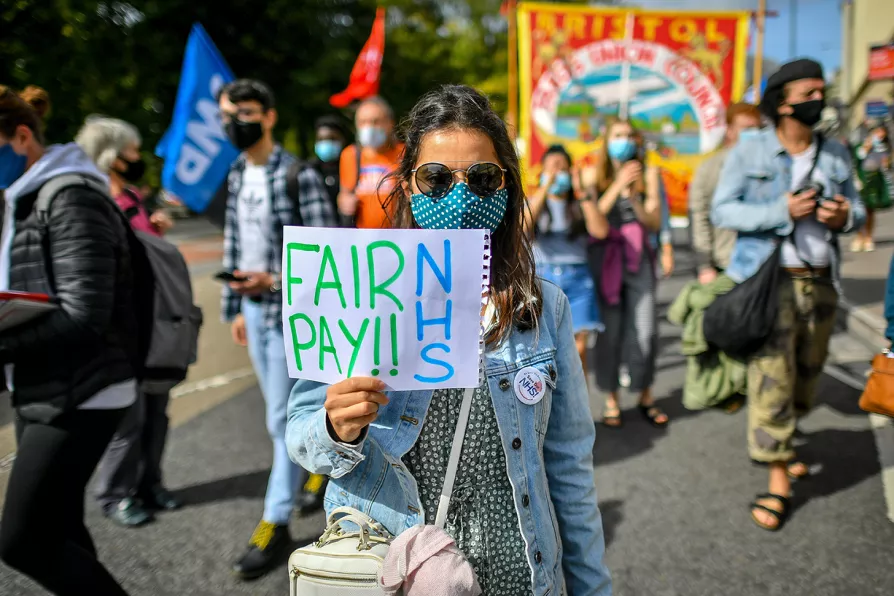The Carpathia isn’t coming to rescue this government still swimming in the mire, writes LINDA PENTZ GUNTER


THE NHS was not founded by accident — it was born out of the demands of working-class people who had suffered in the second world war and who made it clear to the ruling class that they were no longer prepared to put up with living in filth and dying from curable injury and disease.
For the past 73 years the vast majority of people in this county have been able to rely on free NHS care and treatment when they have needed it.
On the 73rd birthday of the NHS, it’s important to recognise that our human right to free healthcare is being rapidly eroded by this Tory government.

We need a massive change in direction to renew a crumbling health service — that’s why Plaid Cymru has an ambitious plan to recentre primary care by recruiting 500 additional GPs and opening six new elective care hubs across Wales, writes MABON AP GWYNFOR













